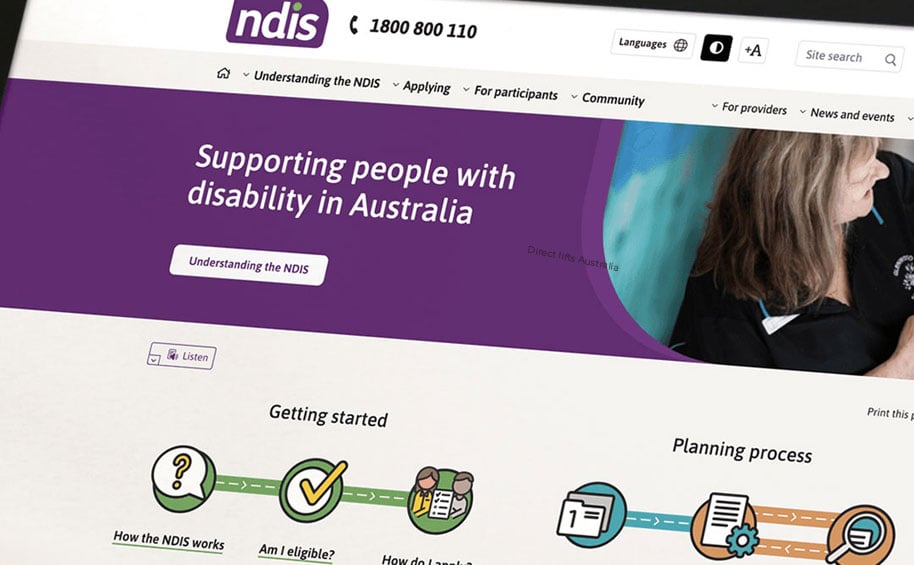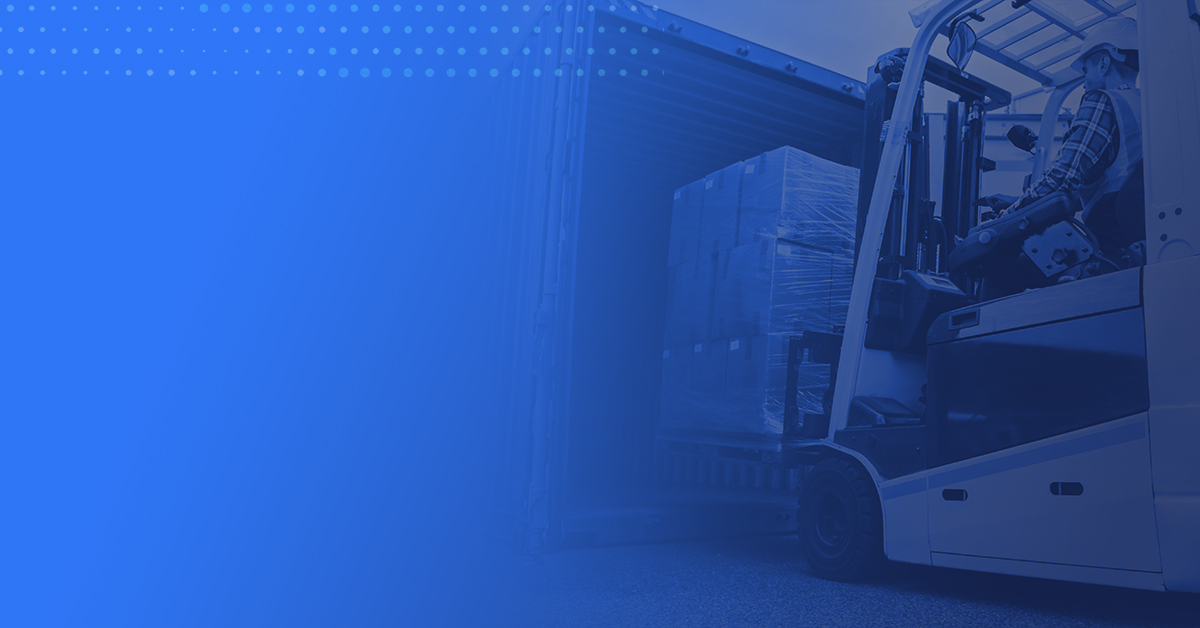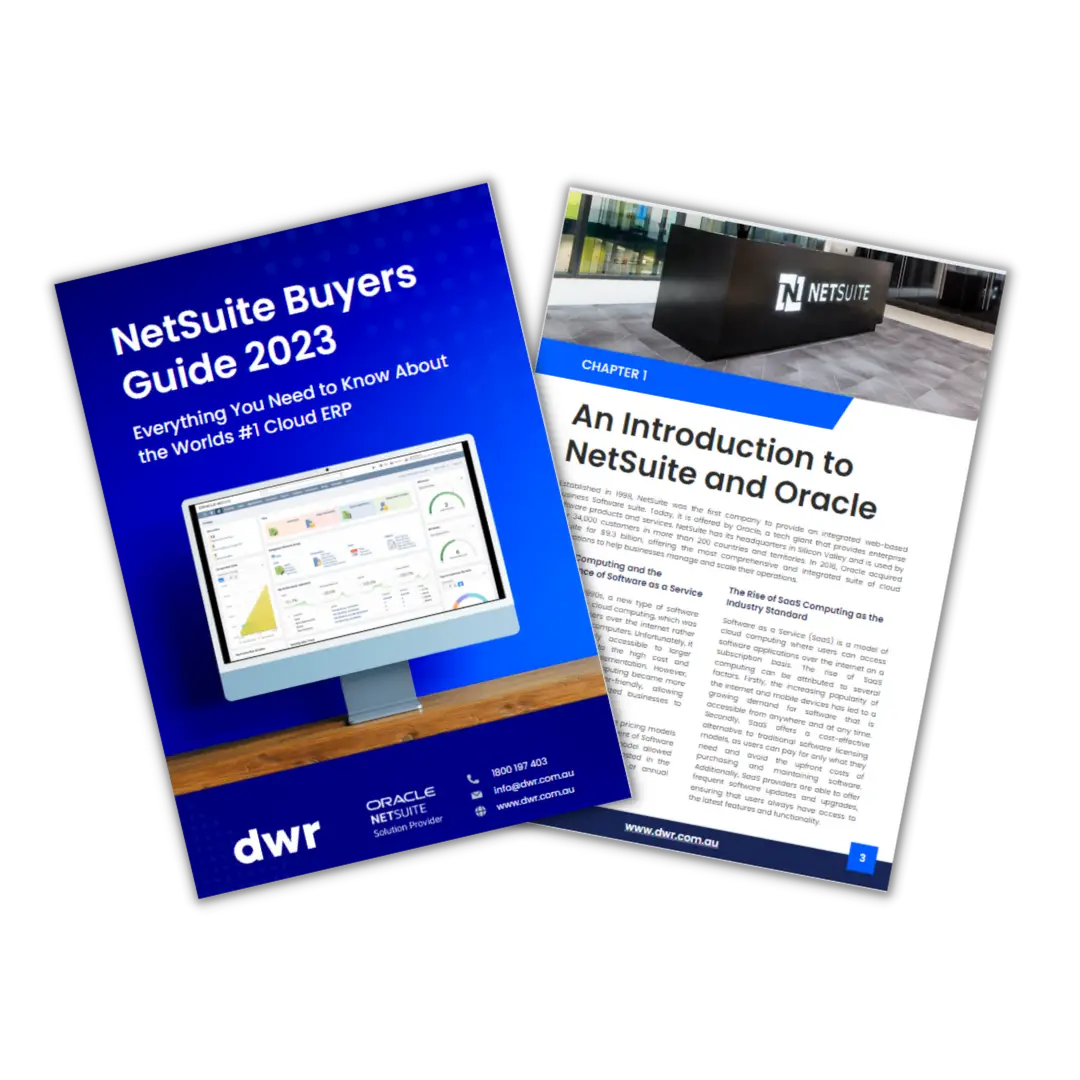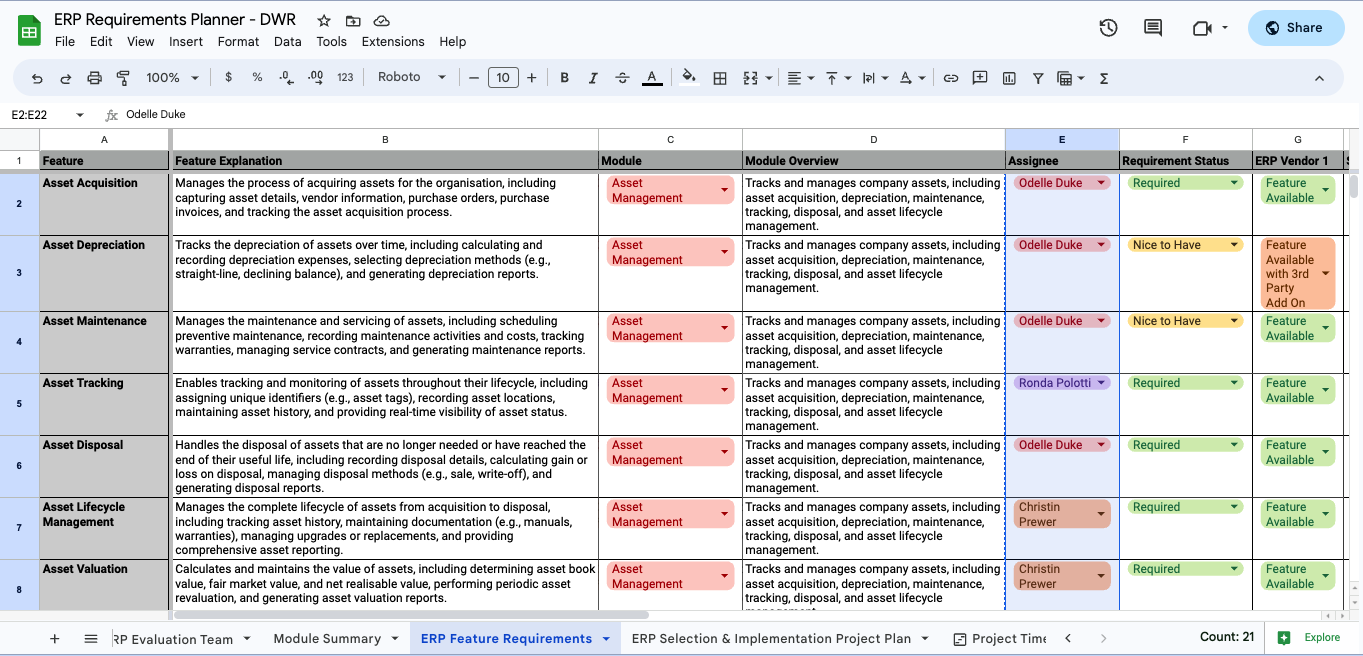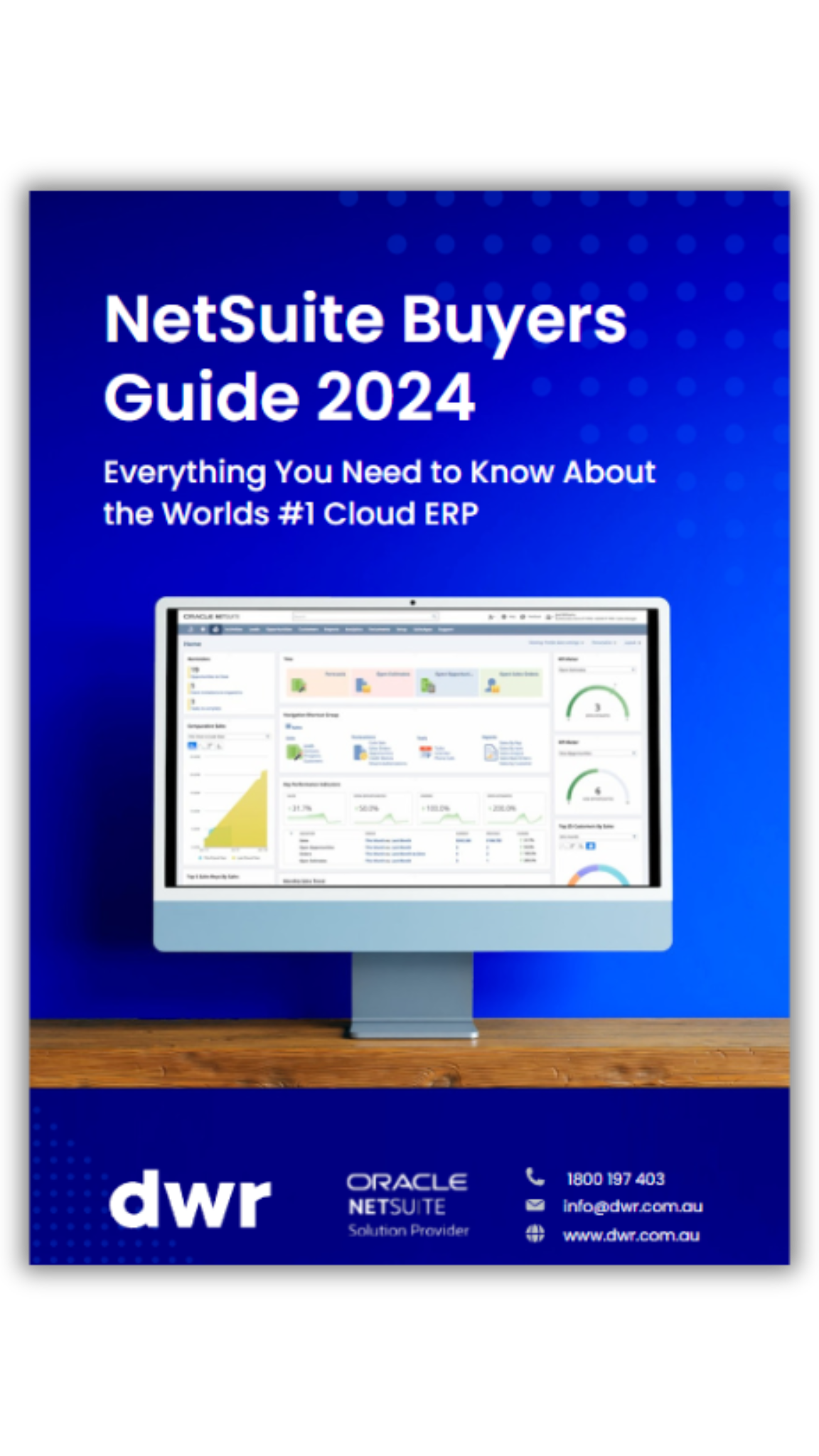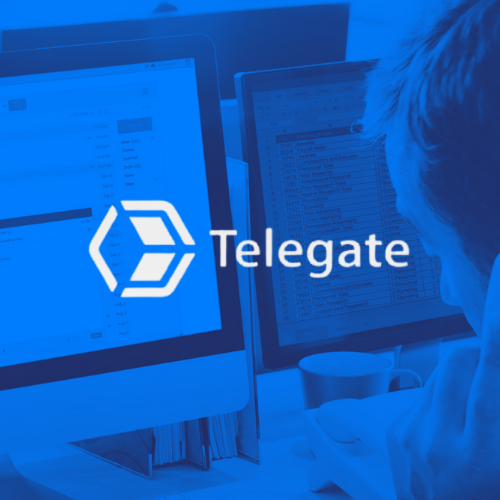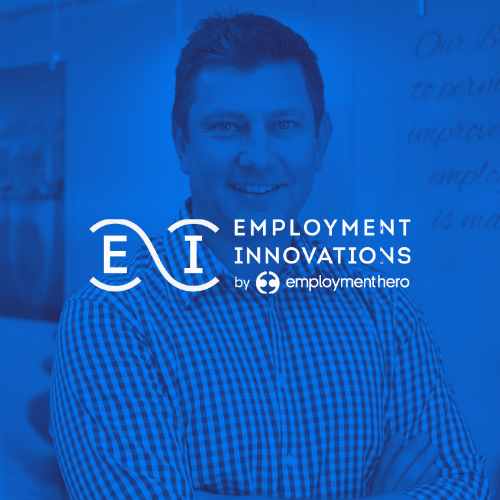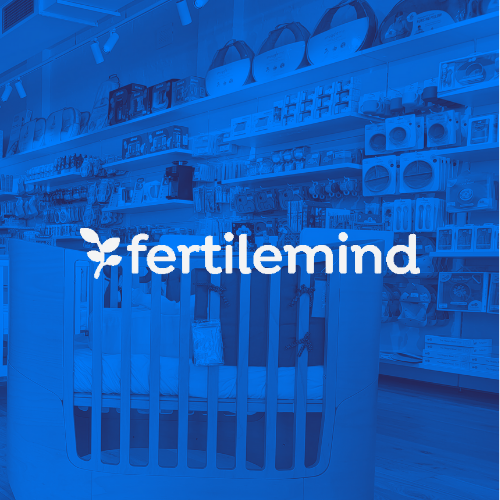If you’re in a B2C business, you probably already know that B2B software features differ in significant ways from B2C solutions. Since customer demographics and the nature of the customer relationship tend to be very different, both B2B and B2C business needs to use features and process that are designed specifically for these processes.
Customer volumes
B2B process are usually designed for a modest volume of in-depth, complex customer relationships, whereas B2C solutions are designed to accommodatevery high volumes of transactions, orders, and customer accounts. Your reach as a B2C business may be far and wide, while a B2B business in the same industry might focus on as little as a few dozen key client relationships.
This can impact things like the amount of detail (form and fields that your sales personnel and contact centre staff fill out) in your CRM, along with the types of reports and analytics you can generate and carry out on your platform. For example, if a B2B process offers detailed reports for individual customers, a B2C process might focus on aggregate figures for a huge volume of customers rather than that same level of detail.
The lead generation process can be markedly different, with B2C businesses chasing far more leads than B2B organisations and therefore needing a platform that helps them track higher volumes of leads.
Level of personalisation
B2B businesses are concerned with a smaller volume of highly valued customers with higher per-transaction values. As a result, their order management, supply processing, and other operational software services are focused on more personalisation and information capture.
B2C organisations are usually concerned with less personalisation in the lead generation, sales, and ordering process. Of course, there may be exceptions to this when you have highly personalised product offerings, but often the personalisation will be automated through the eCommerce platform in the B2C, high volume environment. B2B aims for services with features such as those that let you track your customer relationships in detail can be superfluous and unused in B2C organisations.
Multiple corporate relationships

B2B often deliver features that let you track multiple corporate relationships. Typically the salesperson is dealing with everyone from marketing personnel and accounting staff, to senior management. The platform will allow you to track the key decision-makers and allow your sales staff to understand who are the decision-makers and influencers.
On the other hand, B2C transactions often involve just the consumer, so the buyer is actually the user, unlike in the B2B transaction. There are not multiple corporate relationships, so doesn’t need to have a feature for tracking multiple stakeholders on the customer’s side.
More complex and variable transactions
B2B transactions can be much more complex and involved than B2B, so software services – from sales and invoice functions to marketing and after-sales stages – tend to have more features that accommodate the complexities, variability, and personalisation. For B2C organisations, the sales process is typically high volume, uniform within customer segments or product lines, and less variable. As a B2C business, you probably won’t need the features that B2B process requires, which can include communications tools as well as recording and reporting features.
Longer sales/purchase cycles and contracts
B2B features are designed for longer-term sales cycles and contracts, with sales processes lasting months or even years. With the greater complexity and more personnel involved in the sales-decision process, B2B solutions offer features that allow you to track both complexity and long-time lags.
On the other hand, B2C features are designed to accommodate shorter sales times, which might last hours, days, or weeks. This might mean the platform is designed to assist with self-select e-commerce purchases, rapid in-store purchases, and contact-centre transactions. The amount of detail you would need to capture is probably much lower than a B2B transaction, and the focus would be on completing the transaction quickly rather than capturing complex information and facilitating an ongoing relationship.
Sales are complex business decisions

B2B software services are designed to reflect that B2B sales tend to be strictly business decisions that are guided by a chain of command or a team of people in the customer organisation. B2C transactions, however, may be driven by different factors, which can include spur of the moment purchases, viral marketing campaigns, emotions, and other drivers.
The B2B buyer is often looking for efficiency, expertise, after-sales support and training, and other benefits. B2C customers are the final users or consumers, and they might be looking for a great deal, emotional satisfaction, or entertainment rather than business benefits. Your solution as a B2C organisation should be designed to leverage the emotional impact or brand image of your marketing campaign to create a seamless brand experience for the consumer.
Technical and industry terms
B2B platforms can use industry terms and specialised language for a strong marketing impact. For B2C organisations, however, their consumer-facing software (such as an e-commerce site) probably would not benefit from the use of technical terms and language. In fact, the use of this could be off-putting to consumers. Simpler language in the design process of your customer-facing elements can be important for marketing outcomes, but B2B features are typically not designed for this.
Greater product customisation
B2B service platforms may be designed to offer more configurations to buyers, while B2C are typically focused on high volumes of uniform products. In a B2B environment, it can be necessary to offer this, but for B2C industries, these configuration features can be extraneous. Given this, it’s useful to consider whether or not you need product or service features on your B2C solution, and whether you might be paying for something that your customers and sales personnel will not actually end up using.
Direct contact with customers

B2B sales staff typically have direct contact with customers and develop in-depth, long-term relationships with these clients. In contrast, B2C organisations often use contact centres to manage high volumes of leads and sales or rely mainly on the e-commerce platform to support the lead-to-sale process. As a B2C business, you might find that some B2B software features and process are inadequate to support your call agents, who need to be able to access high volumes of detailed customer data for numerous calls each day.
Price negotiation
B2B sales processes often allow for price negotiation depending on the volumes and customer relationship, but B2C organisations usually sell at the same price to all customers. Given this, B2B payment tools and features can differ greatly from the uniform payment and pricing tools in, say, the e-commerce platform of a B2C business. Similarly, customers in B2C transactions will pay for their goods at the time of order, while B2B customers might be invoiced and be given a generous timeline for payment.
Segmentations and campaign management

The B2C sales process may require much more segmentation and campaign management than B2B. These tools can include engagement scores, surveys, purchase histories, brand preference, conversion propensity and other metrics.
Finding the right software
If you’re a B2C organisation that’s for some reason using a process designed for B2B, you’re probably paying (with $ or Time) for features you don’t need and not focusing on features, such as sophisticated analytics and reporting, that you can benefit from. Ultimately, keeping aware of the distinctions between the two sectors can help you choose a solution whose features closely aligned to your requirements and help you leverage your resources for the best possible operations and customer outcomes.
Contact the experts at DWR today to discuss which software features are right for your business.
.svg)

.avif)
















